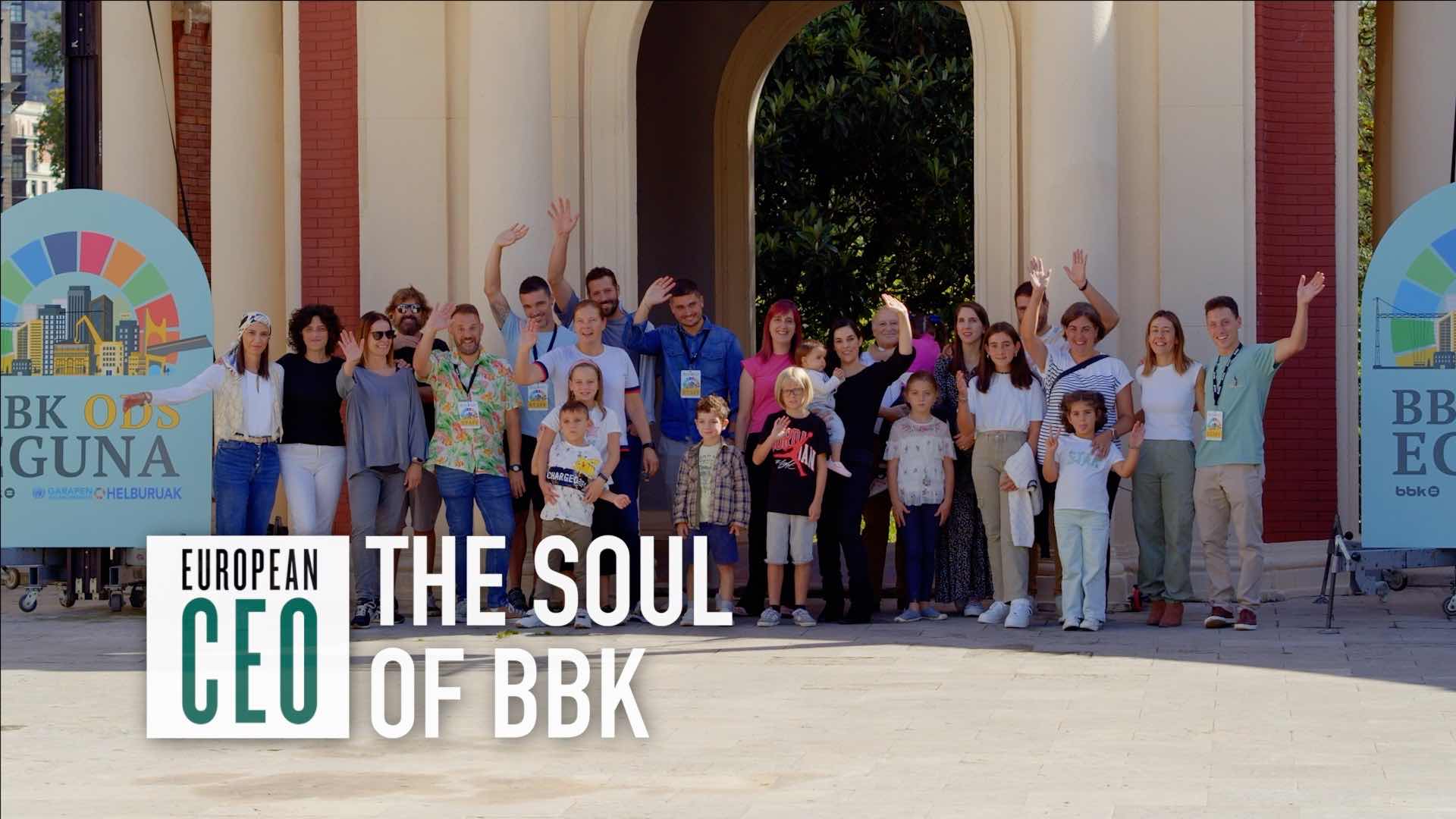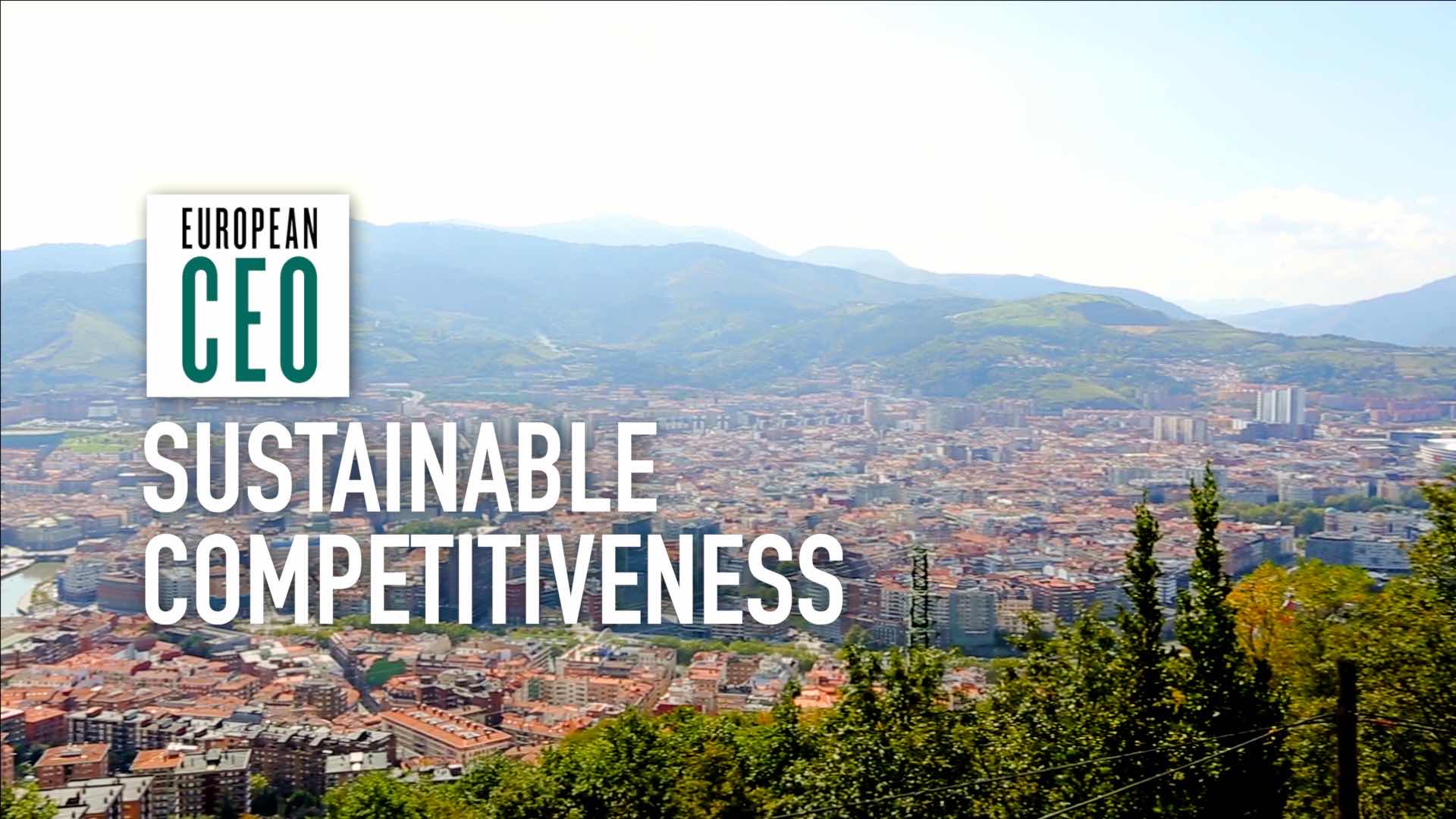Supermarket sweep: How departure made companies rethink contracts
Tesco’s former CEO, Philip Clarke is being interviewed under caution by the Serious Fraud Office over the £326m shortfall in profits discovered last year, his testimony could later be used as evidence in court
Transcript
European CEO speaks to Alex Rooke a barrister with 5 St Andrew’s Hill Chambers on corporate governance at some of the world’s largest organisations.
European CEO: Tesco’s former CEO, Philip Clarke, is being interviewed under caution by the Serious Fraud Office of the £326m shortfall in profits discovered last year. His testimony could later be used as evidence on court. Joining me is barrister, Alex Rooke, to discuss what this means. Alex, what exactly is the case against Philip Clarke?
Alex Rooke: We know he’s been summoned into the Serious Fraud Office, which may be because they want to interview him compulsorily. The Serious Fraud Office has got the power, effectively, to compel you to answer questions. If you don’t answer questions, then they can take you to court for not answering question. That said, if you do answer questions, they can’t use your answers in proceedings against you. What they want to talk to him about is not entirely clear.
We know that he resigned because Tesco appear to be doing very badly. Shortly after, he left the room as a bad smell of bad accounting, so Tesco had been having their accounts by Price Waterhouse Coopers. They went out, in came Deloitte and, effectively, it seemed that there’d been this habit of getting the figures wrong. That what you’re talking about was a quarter of a billion shortfall on their predicted profits, which ended up being nothing anyway and it’s now thought to be about a third of a billion, so there’s a third of a billion discrepancy.
European CEO: And this investigation is this targeting, purely, Mr Clarke or other people invoved?
Alex Rooke: From what I’ve heard, when Mr Clarke left – and it was very much jumped, rather than pushed, by all accounts – I read that he was resigned, so resigned there being used as a passive verb, if you like. Very shortly afterwards they suspended, I think, nine people and later dismissed six of them.
European CEO: So what makes this a criminal investigation, rather than a civil one?
Alex Rooke: Prior to 2007, 2008, because your average criminal barrister, solicitor, criminal lawyer, politician, were, perhaps, not as economically literate as we were before the financial crisis. Now there is, perhaps, a big awareness that those who run big companies can have a very adverse effect, as they line their own pockets, potentially, on the rest of us, if government has to shore it up, if pension funds – which we all pay into – and that plummeting in value, because Blue Chip plc has bent accounting practices.
We also know the Serious Fraud Office has a little bit of a shot in the arm of late, with various new powers that it’s being given and it’s director, David Green, used to be in charge of customs and used to be an independent barrister. He seems to be taking the view that corporate mis-governance – if that’s a correct word – is something the SFO should be going after. Previously, it was a little bit more bribery only and, as we know from the news, they weren’t really very successful, with things like the British Aerospace and Saudi Arabian connection.
European CEO: So, if gross misconduct is found during Philip Clarke’s leadership, will he be forced to pay back his £1.2m payoff and where do the legalities stand on this?
Alex Rooke: Well, on his £1.2m payoff, we know that Tesco, once he’d left the room a few weeks later, said, hey Philip, come back. We want the cash. Philip kicked up another big stink about that and his contractual entitlement, it seems, made it quite clear he could hang onto it. Now, Tesco felt a little bit sore about that. His replacement, in his contract, the terms were much tighter, so he, if he’s a naughty boy, is not going to be going away with a pocket full of cash. In terms of, if he is eventually, let’s say, found guilty of something or adjudicated one way or another in a fair process, to have been either doing things he shouldn’t or to have been massively incompetent, then there may well be the ability for Tesco to go after him and to get his money.
European CEO: But if he does have to pay this £1.2m back, could this set a precedent for other people who are found to be fraudulent, in terms of bonuses perhaps?
Alex Rooke: Generally speaking, the rule is that, if somebody’s done something criminal, the money is hypothetically going to be whipped off them. If they’ve been negligent there are always other solutions through the courts, based on contracts or duty of care.
European CEO: And, if he is convicted of fraud, what are the consequences he can expect?
Alex Rooke: It depends on how much fraud, but we’ve recently seen the banker in the Libor scandal who was, obviously, not the CEO of the Blue Chip company and he got an eye watering 14 years in side. He’ll do seven. He will, I imagine, also be put through the Proceeds of Crime Act procedures, which will turn him upside down and empty out his trouser pocket.
European CEO: But we are looking at losses of £6.5bn for Tesco, so when you’re looking at figures like that…
Alex Rooke: Yes.
European CEO: …surely, somebody needs to be held accountable. Could this be a scape goat situation?
Alex Rooke: Well, throwing off my patch, we do know with Tesco they had huge problems with valuation of their land holdings and huge problems with their endeavours aboard. I think the only place where they haven’t lost money is South Korea and they’ve had to sell off their holdings in South Korea.
We know the likes of ALDI and LIDL have been given them problems and we know – or believe from the newspapers – that the margins in the supermarket game are just not what they used to be. So there’s a host of other reasons to explain away £6bn, but we are left with a little bit of a hole of about a third of a billion which, at the moment, seems to be going back to the board, as it were, of Tesco at that point.


 Sustainable competitiveness: How BBK is building a better future for Biscay | Part Two
Sustainable competitiveness: How BBK is building a better future for Biscay | Part Two Sustainable competitiveness: How BBK is building a better future for Biscay | Part One
Sustainable competitiveness: How BBK is building a better future for Biscay | Part One Algeria’s tech export pioneer hopes to create 1,000 new businesses
Algeria’s tech export pioneer hopes to create 1,000 new businesses